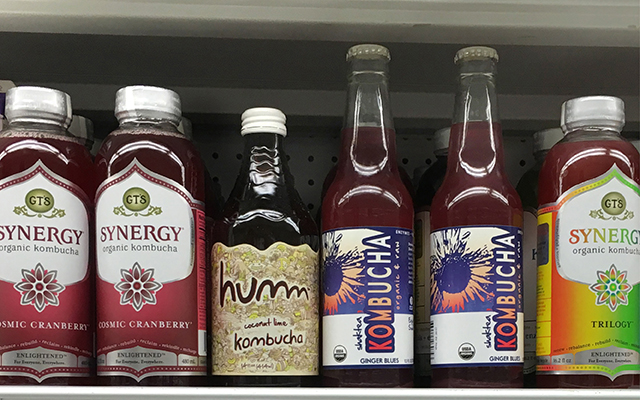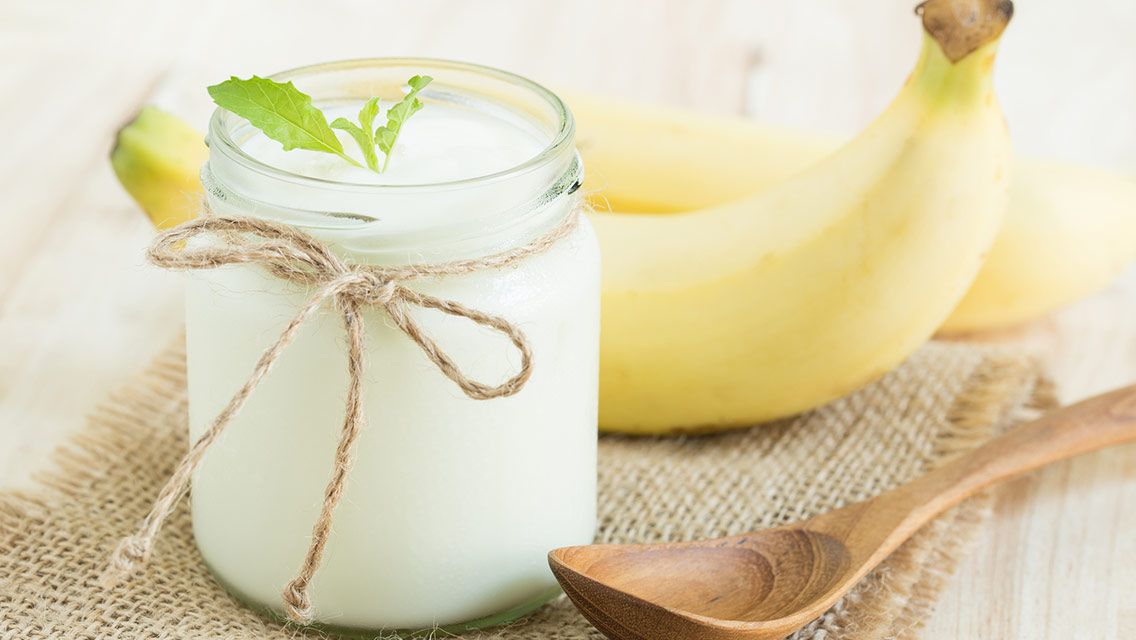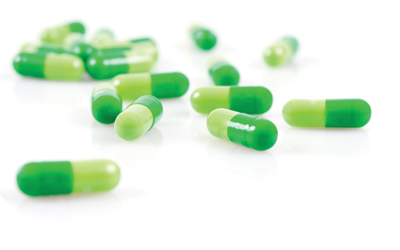Probiotic-rich foods and drinks are intended to support gut health, but many store-bought options also contain added sugars, which can counteract their microbial benefits.
To appeal to consumers, food companies often add sugar to mask the sour flavor that the fermentation process — which results in probiotic bacteria — naturally creates.
“Unfortunately, this absolutely contradicts the reasons many people take probiotics in the first place,” says David Perlmutter, MD, author of the New York Times bestseller Grain Brain. “Changes in the diversity of gut bacteria and overgrowth of certain yeast species are just a few of the consequences of consuming products with added sugar.”
Probiotics on their own typically help maintain the symbiotic relationship between friendly bacteria and yeast in your gut. This prevents overgrowth, minimizes bad bacteria, and promotes a noninflammatory environment.
Sugary probiotics, on the other hand, can help yeasts flourish, warns Perlmutter. Too much yeast in your gut can lead to a candida fungal overgrowth, with implications including chronic fatigue, digestive issues, brain fog, and autoimmune diseases.
To avoid sugar-laden probiotic foods and drinks, keep these things in mind:
- Check the nutrition label for added sugars. Flavored kefirs often contain as many as 37 grams of sugar — equal to 9-plus teaspoons. For comparison, a 12-ounce can of Coca-Cola contains 39 grams of sugar.
- Find out how many probiotic bacteria are “live.” Pasteurization kills many naturally occurring probiotics. Look for products containing at least 10 billion CFU (colony-forming units) of live bacteria.
- Beware of processed probiotic foods. Many probiotic foods are processed, removing most of the naturally occurring benefits of the original whole food. They may also contain artificial sweeteners and coloring. Avoid dry bars, cereals, and anything advertised as a “probiotic” that isn’t live or raw.





This Post Has 0 Comments